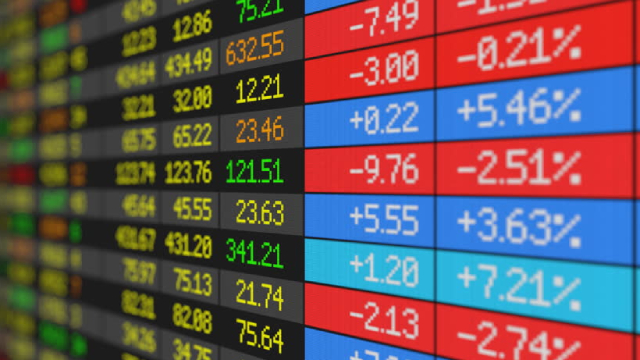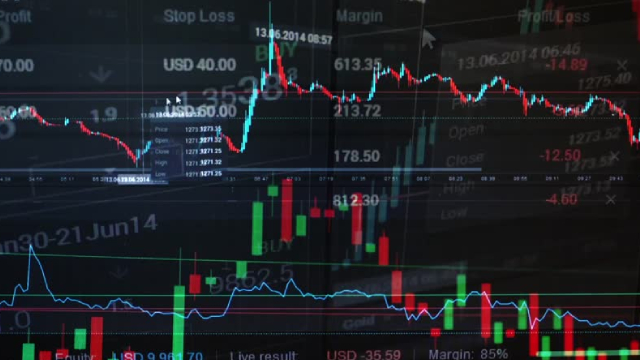
Vanguard Russell 2000 ETF (VTWO)

Should Vanguard Russell 2000 ETF (VTWO) Be on Your Investing Radar?
Launched on September 22, 2010, the Vanguard Russell 2000 ETF (VTWO) is a passively managed exchange traded fund designed to provide a broad exposure to the Small Cap Blend segment of the US equity market.

Should Vanguard Russell 2000 ETF (VTWO) Be on Your Investing Radar?
Looking for broad exposure to the Small Cap Blend segment of the US equity market? You should consider the Vanguard Russell 2000 ETF (VTWO), a passively managed exchange traded fund launched on September 22, 2010.

VTWO: The Upcoming Challenges For Small Caps
VTWO offers diversified small-cap exposure with low idiosyncratic risk, but is more sensitive to macroeconomic factors than large-cap funds. Despite recent momentum, VTWO has historically underperformed the S&P 500, especially during periods of economic stress and market volatility. Current market conditions and macro risks make broad small-cap exposure less attractive compared to large caps, even if some risks subside.

VTWO: U.S. Economic Growth Likely To Bottom Out In 2025
The Vanguard Russell 2000 Index Fund ETF Shares is overweight cyclical sectors such as Financials, Industrials, and Consumer Discretionary. The Fed sees 2025 U.S. GDP growth at only 1.4%—the weakest since the start of the 2020 economic recovery. Looking ahead to 2026–2027, the U.S. economy should pick up steam, benefiting VTWO's cyclical overweight positions.

Should Vanguard Russell 2000 ETF (VTWO) Be on Your Investing Radar?
If you're interested in broad exposure to the Small Cap Blend segment of the US equity market, look no further than the Vanguard Russell 2000 ETF (VTWO), a passively managed exchange traded fund launched on 09/22/2010.

VTWO: Low-Cost Way To Get Exposure To Russell 2000 Small Caps
VTWO is a low-cost Vanguard ETF tracking the volatile Russell 2000 Small Cap Index, with potential for high returns but also sharp corrections. VTWO's expense ratio is 0.07%, lower than many peers, but SCHA and VB offer even lower fees and are highly correlated alternatives. VTWO has underperformed other small-cap benchmarks due to a high percentage of companies with negative earnings, but it remains a solid core holding.

Should Vanguard Russell 2000 ETF (VTWO) Be on Your Investing Radar?
Looking for broad exposure to the Small Cap Blend segment of the US equity market? You should consider the Vanguard Russell 2000 ETF (VTWO), a passively managed exchange traded fund launched on 09/22/2010.

These Are the 2 Best ETFs to Buy for April
Spring is in the air and April is the perfect time to spruce up your portfolio.

One Vanguard Index Fund to Buy That May Beat the S&P 500 by 100% in the Next Few Years, According to a Wall Street Analyst
Last November, Fundstrat analyst Tom Lee told CNBC that small-cap stocks are headed for a prolonged period of outperformance compared to the large-cap S&P 500 (^GSPC 2.13%). "I think small caps could, in the next couple of years, outperform by more than 100%," Lee said.

Market Correction: This Dirt Cheap ETF Is Down by Almost 20%
The benchmark S&P 500 index recently reached correction territory, indicated by a 10% drop from its highs. But certain other parts of the stock market have been hit even harder.

1 Vanguard Index Fund May Beat the S&P 500 by 100% in the Next Few Years, According to a Wall Street Analyst
Fundstrat analyst Tom Lee in November told CNBC that small-cap stocks are positioned to crush the S&P 500 (^GSPC 0.72%) due to relatively cheap valuations and interest rate cuts. "I think small caps, in the next couple of years, could outperform by more than 100%," he predicted.

Should Vanguard Russell 2000 ETF (VTWO) Be on Your Investing Radar?
The Vanguard Russell 2000 ETF (VTWO) was launched on 09/22/2010, and is a passively managed exchange traded fund designed to offer broad exposure to the Small Cap Blend segment of the US equity market.







